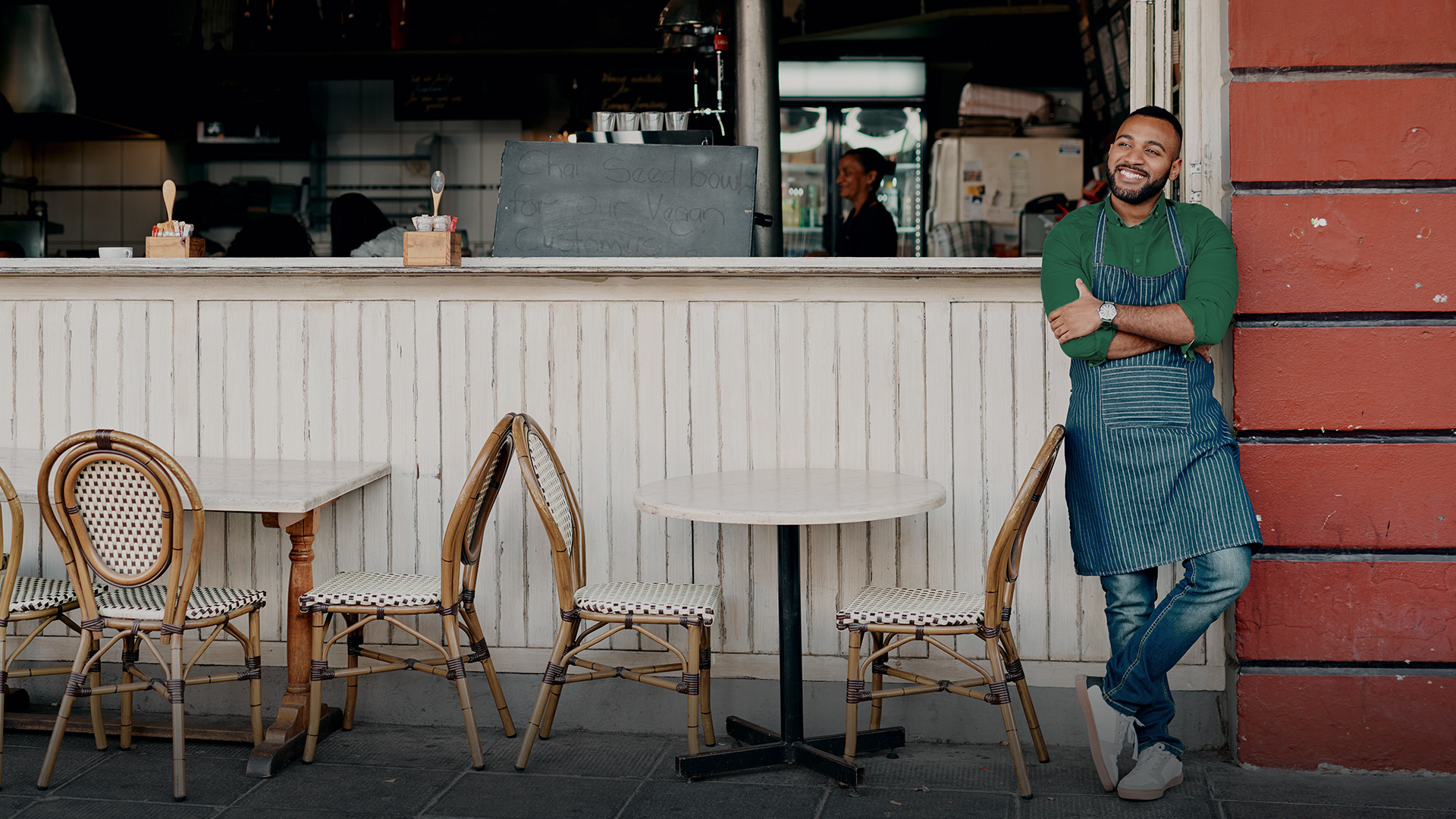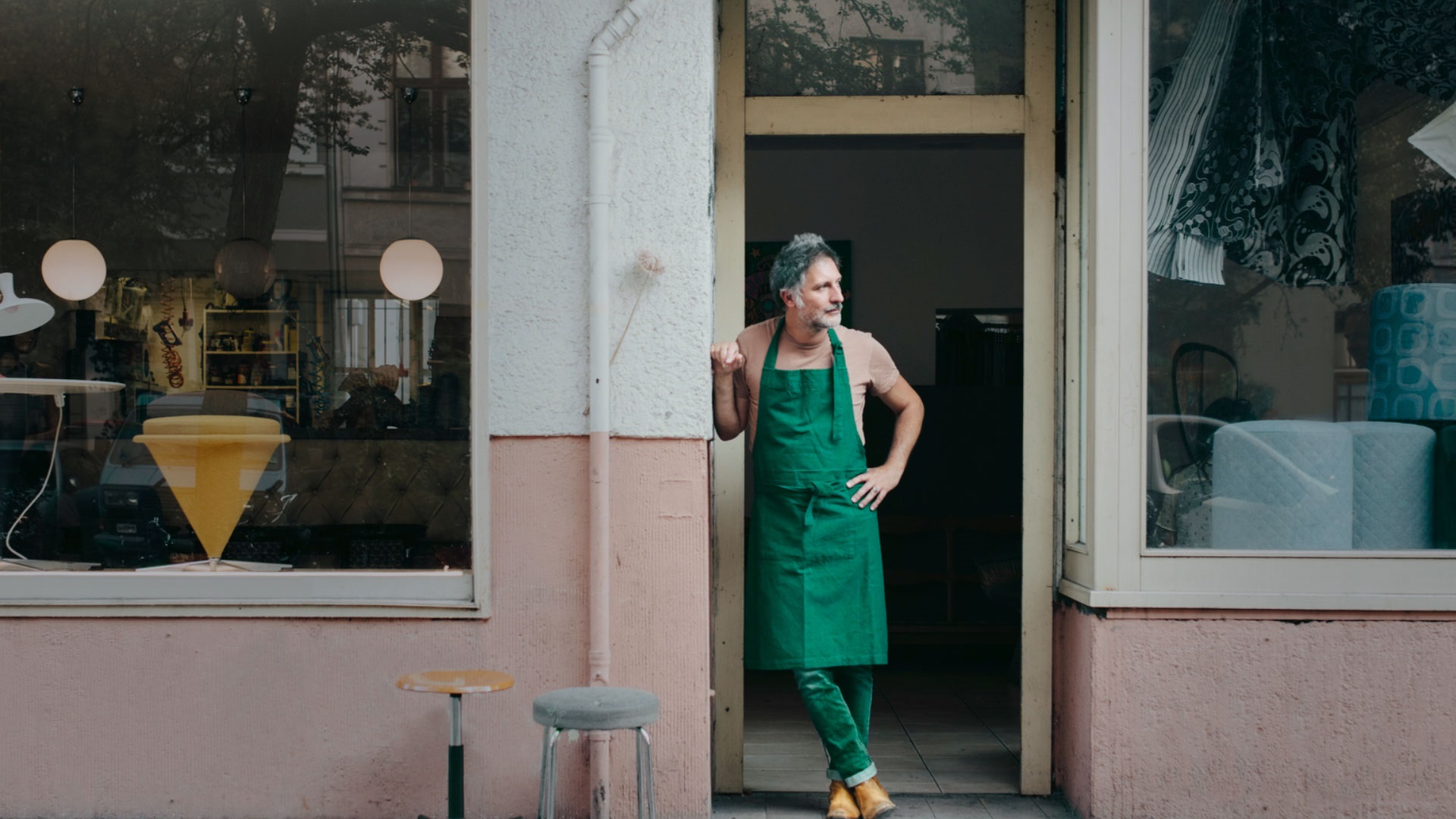Franchising is one way to achieve the dream of being your own boss while overcoming several barriers that often trip up young businesses. Top franchises offer an instantaneous boost through brand recognition, shared advertising and centralised buying (which lower your costs), and support with contract, legal and administration procedures.
But not all franchises are equal. The more popular brands may have the potential to make you the most money, but they’ll also be the most expensive to buy into. Which doesn’t make them a bad choice, but it does mean they require more start-up capital. Having a rough idea of what your initial and ongoing costs are going to be is one huge advantage that the franchise model offers when starting your own business.
Finding the franchise that best suits your budget and interests is a process that shouldn’t be rushed. You can find information on registered franchises on the Franchising Association of South Africa (Fasa) website.
Here’s what you need to understand about the costs involved when you sign up with a franchise. This information is generally available on the Fasa website, or you can request it from the franchisor.
Initial franchise costs
The following fees and costs are commonly known as your ‘total investment’ when starting up a franchise operation.
How much you’ll need depends on the agreement with the franchisor. The upfront fee, sometimes known as the joining fee, can vary from tens of thousands to hundreds of thousands of rand. What you get for that fee will vary from one operator to the other, but usually includes the rights to use the franchisor’s intellectual property, access to the approved franchisor manual for training, advice on selecting the best site, and so on.
Once your new business is operational, you’ll continue to receive support from the franchisor
After that, you need to have money to cover the actual set-up costs. This typically covers setting up shop and kitting it out with whatever equipment or décor is needed to run the business.
The final item for your budget is working capital. Without it your business is unlikely to survive very long. Working capital is the amount that the franchisor determines you need in reserve to cover your running costs until you start turning a profit, which is why it’s a key requirement when assessing and applying to join a franchise.
Ongoing franchise fees
Once your new business is operational, you’ll continue to receive support from the franchisor. The type of help varies from one franchisor to the next, with more established brands able to offer more in-depth support.
You pay for this support by way of the management services fee, or ‘royalty’ fee. This is paid every month and is usually calculated as a percentage of your gross sales or turnover, although some operators charge a fixed fee.
In return, you get ongoing support to run your business, build the brand, source products and materials, and conduct research and development. You’re also permitted to continue using their intellectual property – the brand identity – which is the cornerstone of successful franchising.
One final fee that may be levied by the franchisor is for the marketing services fund. This is a contribution every franchisee makes towards a combined marketing and advertising fund. It’s usually calculated as a percentage of your sales but might also be a fixed fee.
No matter how the franchisor chooses to calculate or levy these different fees, you have a distinct advantage over a business that doesn’t have such a clear view of expected costs. This means you can plan more thoroughly and be better prepared to cover these business expenses.
Certainty and clarity go a long way to setting your business up for success.
We have a dedicated franchising financing division that can help you when buying into a franchise. Get in touch today to find out how we can help you.








